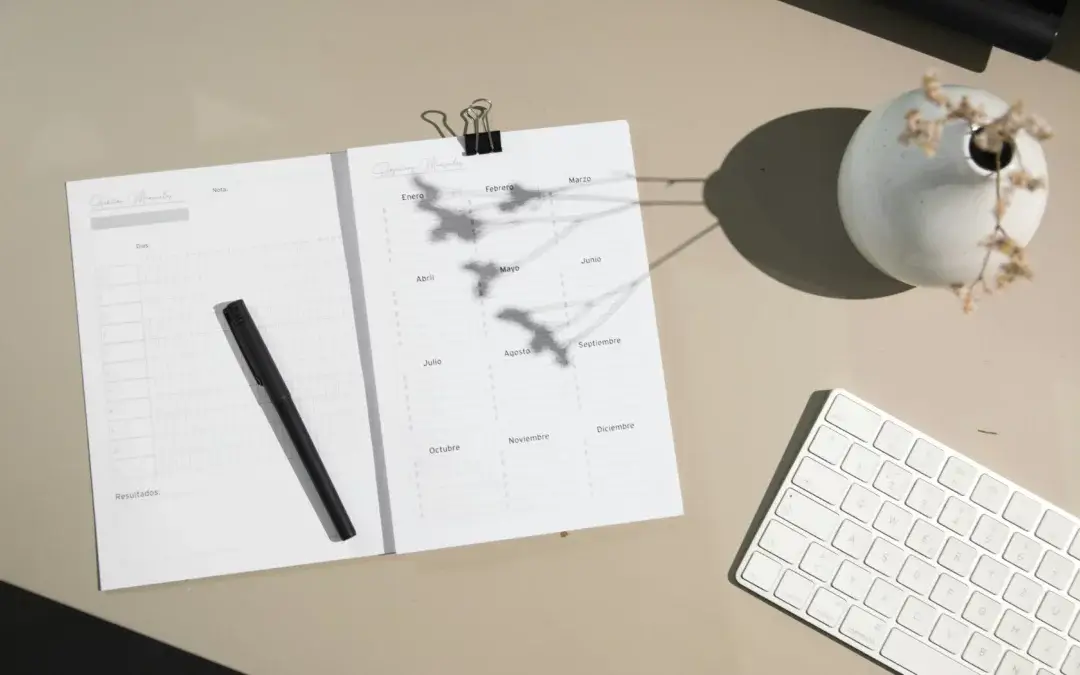As a coach, I admit that I will sometimes make suggestions. I’m not proud of it though.
That’s because my stock in trade is helping you learn what you already (although not consciously) know works for you.
Which is why I am not a fan of creating lists like ‘ADHD-Friendly Organization Tips’.
ADHD is a label for someone’s unique brain wiring, which has been identified as such categorically by certain traits. This can be useful in so far as enabling us to talk about ADHD, however, a label can also be problematic because the way its relevant traits are configured within an individual is as unique to them as their fingerprints.
For this reason, a ‘tip’ that works for one person will not necessarily work for another, and the last thing I want to do is set anyone up for another ‘failure’ if something I suggest doesn’t deliver the desired result.
So with that disclaimer in place, I shall proceed with said ‘3 ADHD Friendly Organizational Tips’:
Keep it visible
You know the expression ‘out of sight out of mind’? Well, multiply that by ten most likely if you have ADHD, because chances are your attention, unless you’re locked into something that fascinates you, is constantly being hijacked. For this reason, any systems you implement must be visible and close at hand. For example, I keep my entire year in front of me with the use of a 12-month erasable wall calendar so I can see big events I need to prepare for coming from miles away. This also enables the reverse engineering of commitment which leads to my next tip:
Plan ahead. Way ahead…BUT NOT ALONE.
‘But I have ADHD so that makes planning impossible!’ No, it does not…if you don’t try to do it in isolation. Most people are able to make a plan via conventional means. You probably need to brainstorm it with someone or ‘body double’, which is basically parallel play for adults. For someone with ADHD, planning is the highest form of self-care. It creates a structure in which you can thrive.
Know what you’re doing the next day the night before
Nothing breeds inertia in someone with ADHD like not knowing what to do first. Yes, we’re talking about having a plan here…but a simpler one: at the end of each day, pick no more than three primary goals for the following day. Do not go to bed without knowing what they are. In the morning, the first thing you do is look at them. You may still procrastinate, but it won’t be because you can’t figure out what to do, which increases your chances of getting things done…especially if you don’t over-promise by limiting yourself to no more than three tasks. Anything more than that is a triumph of over-delivery. That’s the habit you want to develop: under-promising and over-delivering.
I hope these tips help. Let me know either way! If they do, you may want to consider working with me. If they don’t, you may want to consider working with me.


